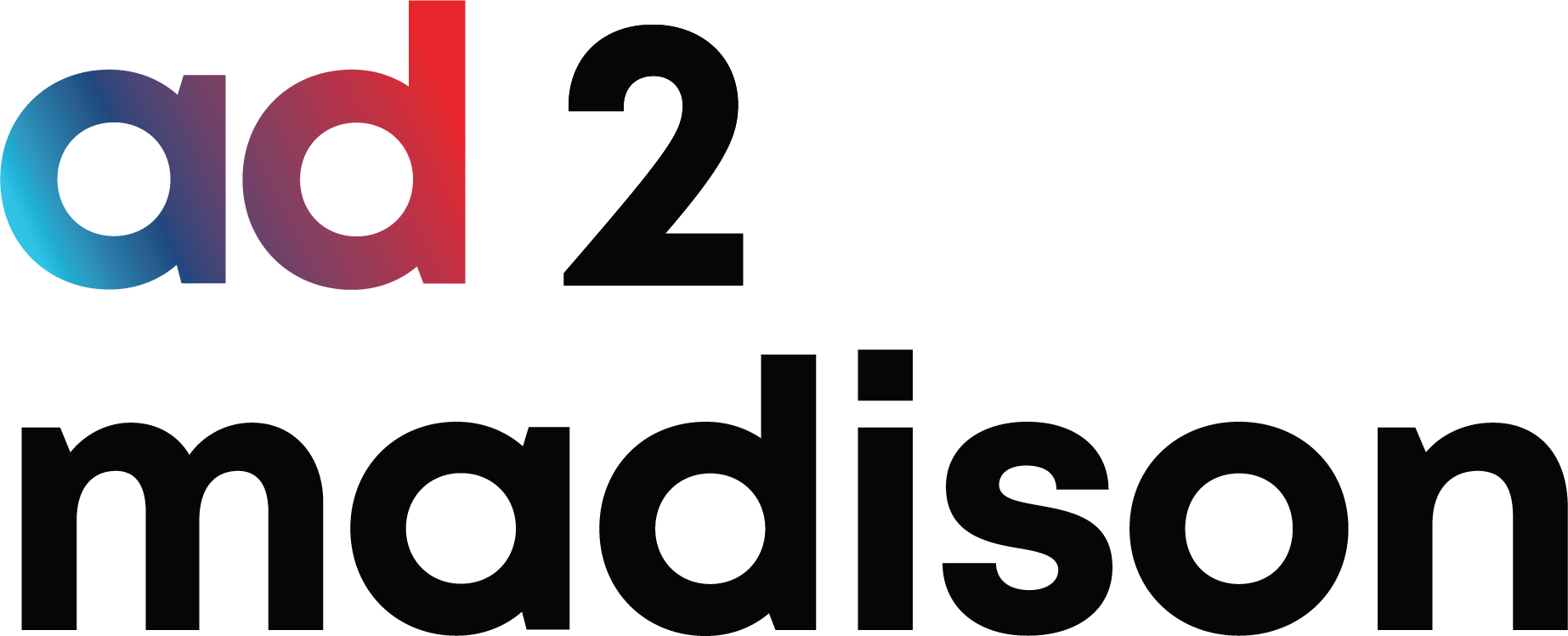Resume writing is both an art and a science. Creating the perfect resume can be hard enough before trying to factor in all the myths about the process. To separate facts from fiction, here are some truths behind some of the myths on what companies look for in a resume.
Myth: Resume should be one page.
Two page resumes are very common today unless you are right out of school with limited work experience. As you career grows, stretching the information to two pages gives the reader a holistic background of your experience.
Myth: Resumes should have your entire work history
Employers are looking on average for a work history that goes back 12-15 years. If you have worked outside a field you are applying for, you can certainly eliminate selective positions.
Myth: Achievements should be highlighted in a separate section.
Your resume is your marketing brochure. And as such should be targeted to the position you are applying for. While it’s ok to highlight a select few that you want to stand out at a top section of your resume, also include them in the relevant job section.
Myth: Paper resumes are enough
LinkedIn is changing the way employers recruit. And recruiters live on LinkedIn. You should have a solid LinkedIn page that reflects the resume, meaning all dates, titles, companies line up. LinkedIn allows you to showcase your work by including projects, published materials, media and other relevant items.
Myth: White lies are OK
The answer is NO. Resumes are factual history of your work experience. And can be considered a formal application. Employers value integrity and demonstrating your honesty and being forthright in all your interactions starts with the resume.
Myth: Good resumes get you the job.
A good resume gets you the interview. You are called in for an interview because the company believes your background and experience fit what they are looking for. It is only the first step in a job search process.
Myth: A few grammatical errors or typos are expected.
Always sweat the small stuff because if shows you pay attention to the details and are a serious professional. Otherwise, employers can see you as careless, and most employers don’t want to hire careless people.
Myth: Don’t include social media information
Most recruiters are now visiting your publicly accessible social media information. It’s very common to include your LinkedIn URL on the resume in the contact section. Depending upon your role or industry, if relevant, you might also include your Twitter, Pinterest, Instagram and/or other social media relevant to the position.
Dr. Marilyn A. Clark is an Executive Leadership and Career Coach. She is the owner and President/CEO of Clark Consulting Group, Inc. You can reach her by email at marilyn@ccg-solutions.com.

